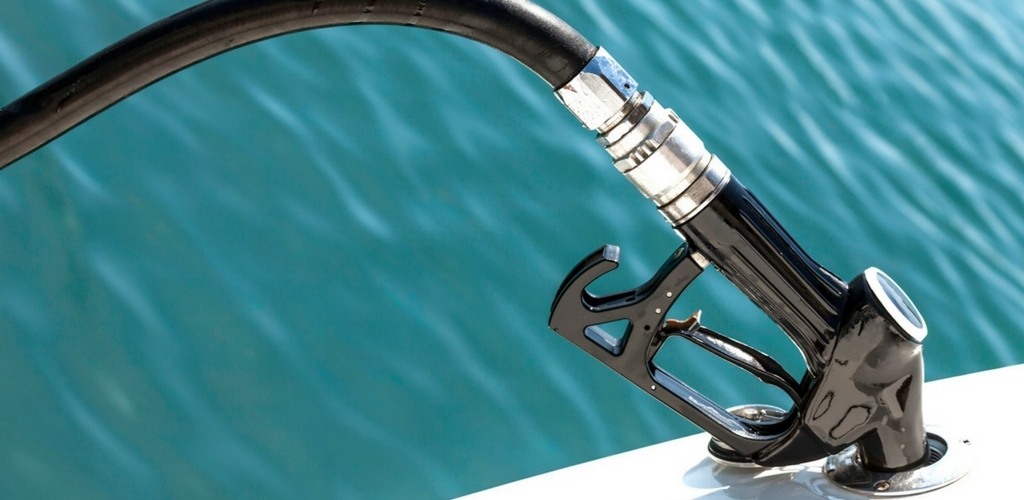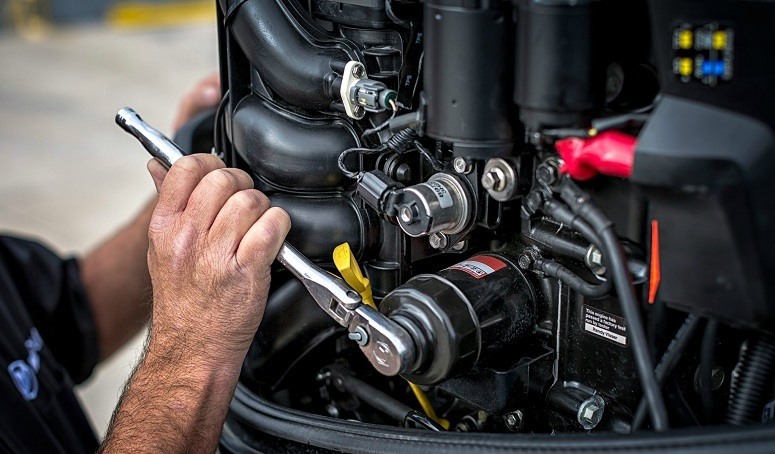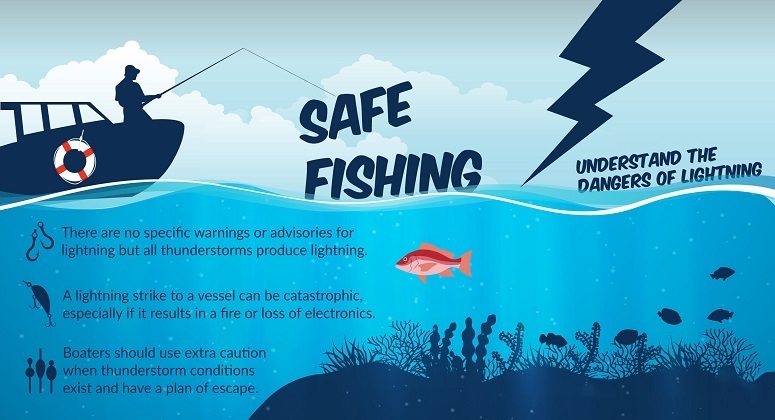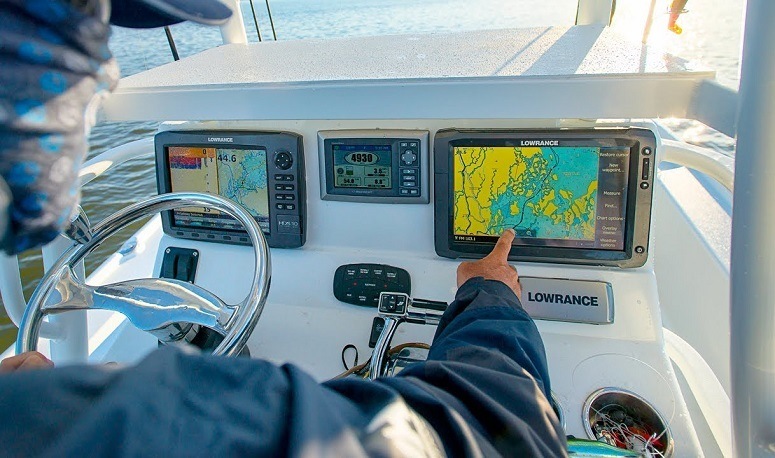Doesn’t it feel like ages since gasoline was under the $2 mark? Anglers who use a lot of boat fuel to get to their favorite fishing spots already know how much those frequent fishing trips can hurt the wallet.
Today, we’re going to share with you some of the best ways you can save money on fuel so that you can enjoy frequent boating trips without worrying about the price of fuel.
Tip #1: Servicing Your Engine
Servicing your engine should already be part of your maintenance routine, but it’s important that its serviced and had a tune up at least once a year. A fresh tune up can help your boat run smoother, but also increase your gas mileage.
Tip #2: Clean The Hull
When the bottom of your boat is dirty and covered in aquatic debris and buildup, it can slow you down quite a bit. By cleaning off all that gunk, you’re reducing the amount of drag your boat has while you’re slicing through the water, thus improve your gas mileage. You can prevent build up on the bottom of the boat by applying a new coat of antifouling paint.
Tip #3: Lighten The Load
Before you leave the dock, take inventory of what’s on the boat. Do you need everything that you’re bringing? Do you have cases of bottled water or an over abundance of gear? By eliminating the extra weight, the boat’s engine isn’t going to have to work so hard, therefore – you guessed it – improving boat fuel efficiency!
Tip #4: Check Trim Tabs
It’s always a good idea to check to see if the trim tabs are in proper working order. Those tabs are going to prevent plowing and decrease your boat’s drag. These factors will let you slice through the water at a lower RPM. Not only will it lower how much boat fuel is consumed, it’ll also help make the boat move smoother and quieter through the water.
Tip #5: Check The Prop
Did you know that a damaged prop can increase how much fuel is consumed by 10%? By having your props checked at a prop shop, they will be able to use their specialized equipment to determine how far out of spec your prop may or may not be.
The professionals at the prop shop can also tell you what repairs may need to be made, as well as offer suggestions if you should switch to a prop with different diameter or pitch to help improve boat fuel efficiency.
Tip #6: Make Plans
Even the most experienced anglers know that if they want to make the most of their day, they need to have a plan and stick to it as best as you can.
A well planned out day on the water means you should take into consideration the tides, the wind, and even the currents and by paying attention to these things, you can plan your trip around them so that you avoid the challenging conditions.
It’s always a good idea to pay close attention to the weather forecast and tide charts so that you can plan the safest, most efficient route possible.
Tip #7: Go Below Half
Some people hate letting the gas tank go below a half tank but consider this: more fuel in the boat fuel tank, the more weight you’re lugging around. Sure, you may have to return to the dock more often to refuel (only to half tank!), but it’ll save you money in the long run because a single gallon of fuel weighs over eight pounds.
If you have a 10 gallon holding tank, you could be carrying around a lot of weight that’ll only slow you down and burn more fuel.
Tip #8: Slow Down!
We know that getting out on the water and casting off in your favorite spot can be pretty exciting, but that doesn’t mean you have to get there in two minutes. It’s okay to cruise to your spot – there’s no need to high tail it out there!
By decreasing your speed to less than 1800 RPM, you could be saving up to 50% on fuel depending on what kind of hull you have and how much you decide to slow down.
Tip #9: Use Gas From The Highway
Fueling up at a gas pump in the marina or the dock can be a lot pricier than if you were to fill up your boat on the highway. The boat fuel cost on the water is more expensive because fuel works on a distribution system.
The marina sells a lot less fuel than a gas station on the highway. With that said, it is not recommended to fill up gas canisters and transport it to a docked boat. This is very dangerous and, in some places, it’s pretty illegal too.
Tip #10: Record Everything
Whenever you go out, you should document your trip. Get a notebook and use GPS to track the miles traveled and compare that the how much boat fuel you’ve used. You can use these records to understand driving habits (how fast you’re going, how far out you go, water condition, etc.) and adjust them so that you’re within fuel economy range.
Conclusion
Just like driving your car, there are things you can do to improve boat fuel efficiency. Simple things like regular maintenance, keeping a light load, and keeping the underside of the boat clean can do wonders for your mileage.
We’re certain that these are just some of the ways you can save money on fuel. Leave us a comment below and tell us what tricks and tips you have that’ll help fellow anglers save some money on fuel. We’d love to hear from you!
Resources:




